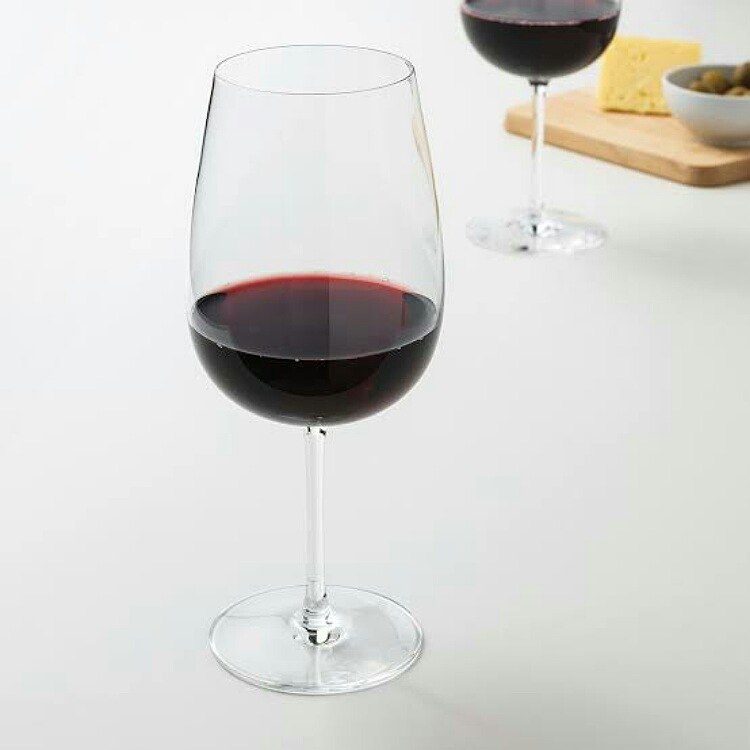There is a lot of debate around consuming of red wine and its potential health benefits. Some argue that it is beneficial for the body when one takes it in moderation. Whereas others feel that its value has been overestimated.
What is the place of red wine in the health charts? Does it prevent chronic diseases?
What is red wine?
Red wine is made from dark-colored, whole grapes. These grapes are crushed and fermented to yield a liquor that has 12 to 15% of alcohol in it. Different types of this wine exist that vary in color and taste. These include Cabernet sauvignon, Shiraz, Merlot, Pinot noir, Burgundy, and Zinfandel.

Grapes have a large number of antioxidants in them. These include proanthocyanidins, resveratrol, catechin, and epicatechin. These are majorly responsible for the cardiovascular benefits of this wine. Moreover, they reduce oxidative stress and cellular damage. Thus, cancer can also be prevented. The alcohol content of this wine also contributes to the health benefits, say studies.
Health benefits
Several studies have revealed that this wine can reduce the risk of heart ailments, stroke and early deaths. It dilates blood vessels and hence lowers blood pressure. People who drink around 150 ml or 5 ounces of this wine per day have a lowered risk of heart diseases. This risk is 32% lower compared to the non-drinkers. But the benefits are nullified with drinking more than this amount. Additionally, this heart benefit is more in people who are elderly.

Another study showed that having 1 to 3 glasses of wine per day for 3 to 4 days a week reduces risk of stroke in middle aged men. Effects on blood pressure have also been documented. Other studies favor moderate red wine drinking since the wine drinkers have a lowered risk of death.
The red wine reduces risk of cancer of the colon, ovary and prostate and basal cell carcinoma. Alzheimer’s and dementia risk is less in these moderate drinkers. They have less chances of mental illnesses and depression. Insulin resistance drops and risk of developing diabetes is less.
Drawbacks
This wine like alcohol can lead to dependency. Alcohol withdrawal symptoms appear with trying to cease drinking and the habit could be difficult to break. Moreover, high amounts of this wine over the long run can damage the liver and lead to cellular death and liver cirrhosis and failure.
There are more chances of depression and mental illnesses with heavy drinking. Work performance is affected and there may be job losses and financial instability.

The high calories leads to weight gain in drinkers. Risk of death is more in such people. Chronic metabolic diseases set in and cause severe health issues.
Therefore, red wine can be had but in moderation. This amounts to 1 to 1.5 glasses per day for women and 1 to 2 glasses per day in men. Having 1 to 2 days of alcohol free period per week boosts the health benefits of this alcohol. But one should be careful if there is a self or family history of substance abuse.
Read more: US FDA proposes to change the definition of the term healthy on food packages!
There are other better ways to improve health. One can rely on those rather then on alcohol or red wine to avoid dependency and habit issues.